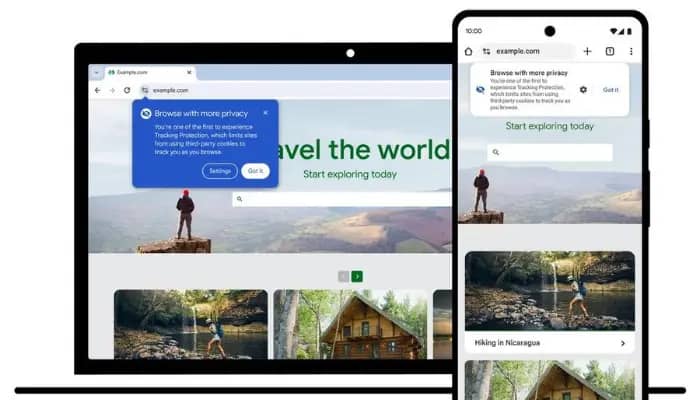Singapore – Despite years of movement toward phasing out third-party cookies, Google Chrome has decided to maintain the current system—at least for now, according to the latest blog post from Google. This update marks a significant shift in the narrative around the Privacy Sandbox initiative, which originally aimed to reimagine digital advertising and tracking with a stronger emphasis on user privacy.
The update, written by Anthony Chavez, vice president at Privacy Sandbox, noted how The Privacy Sandbox was introduced with the dual goal of improving online privacy and supporting a healthy, ad-supported web.
Since its launch, there’s been growing interest and adoption of its privacy-preserving technologies, including APIs designed to provide alternatives to cookie-based tracking. But after continued discussions with publishers, advertisers, developers, and regulators, they noted that it’s clear that there’s no consensus on how—or when—to make such a major change to the current model.
It also added that much has changed since the Sandbox was announced in 2019 and Google formally engaged with UK regulators in 2022. The landscape now includes rapid advancements in privacy technology, increased use of AI to protect users, and evolving global regulations. In light of all this, Google has decided not to introduce a new standalone prompt for third-party cookie usage. Instead, Chrome users will continue to manage their preferences through the browser’s existing Privacy and Security settings.
According to Chavez, while this decision delays the original ambition of phasing out third-party cookies, Chrome will still strengthen protections in other areas. For example, Chrome’s Incognito mode will continue to block third-party cookies by default, and new features like IP Protection—slated for rollout in Q3 2025—will further enhance private browsing.
Moreover, this update also shifts the role of the Privacy Sandbox. With cookies sticking around for now, Google is reevaluating how its Sandbox APIs can best support the ecosystem. The company plans to gather industry feedback and provide a refreshed roadmap in the months ahead.
As the web continues to evolve, Google says it remains committed to privacy-first innovation while supporting the diverse needs of the digital advertising ecosystem. For now, though, third-party cookies in Chrome are here to stay.


















